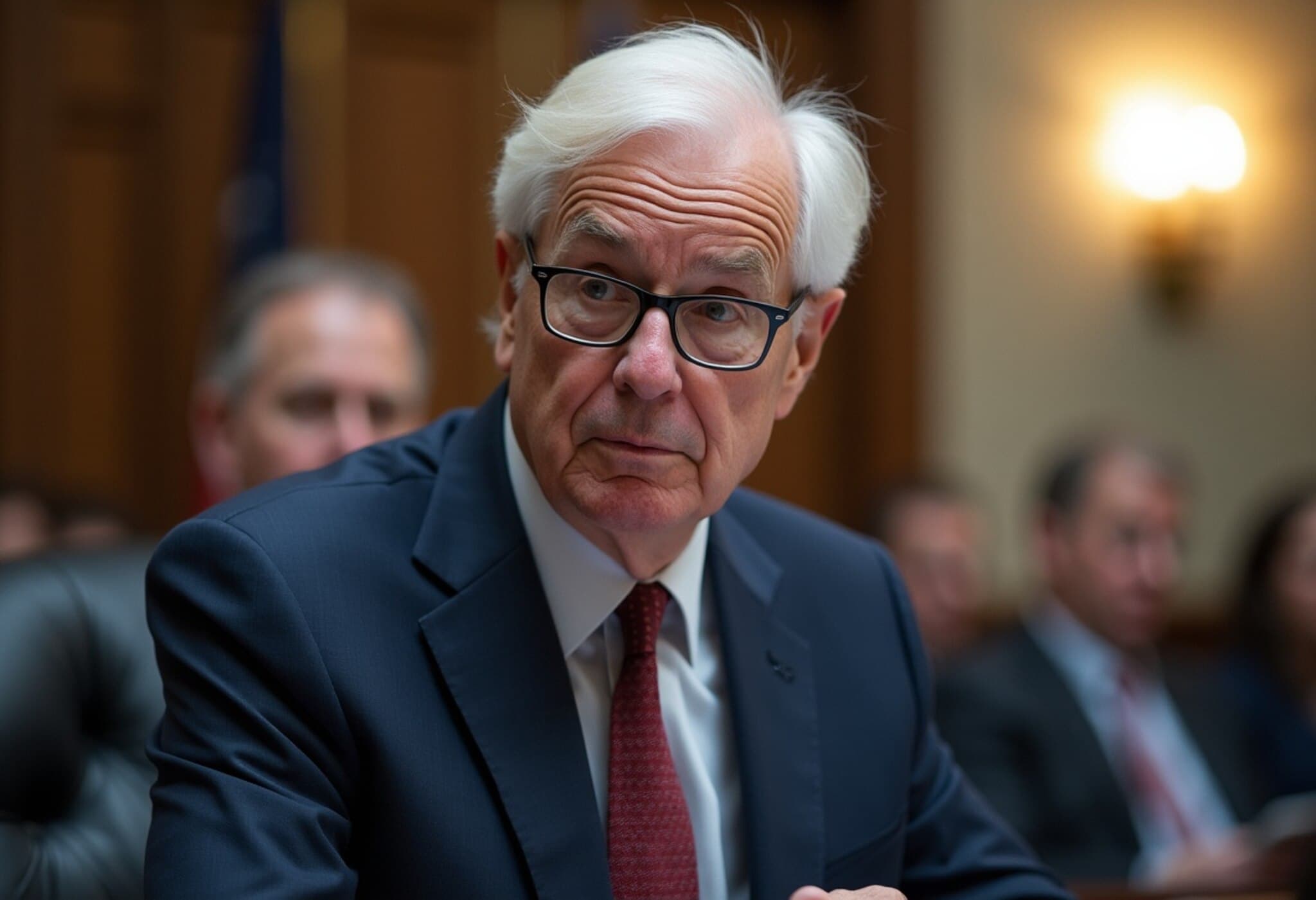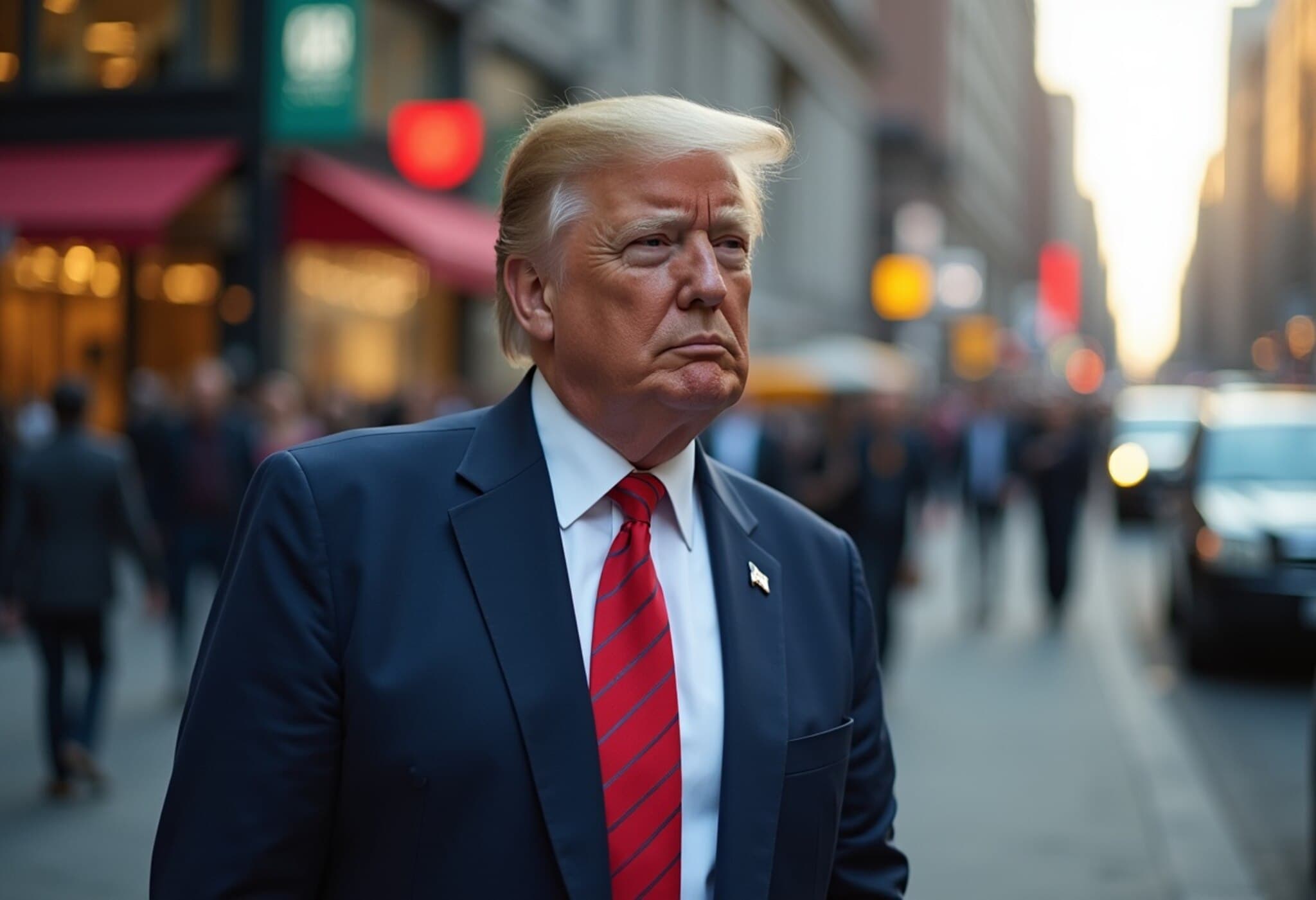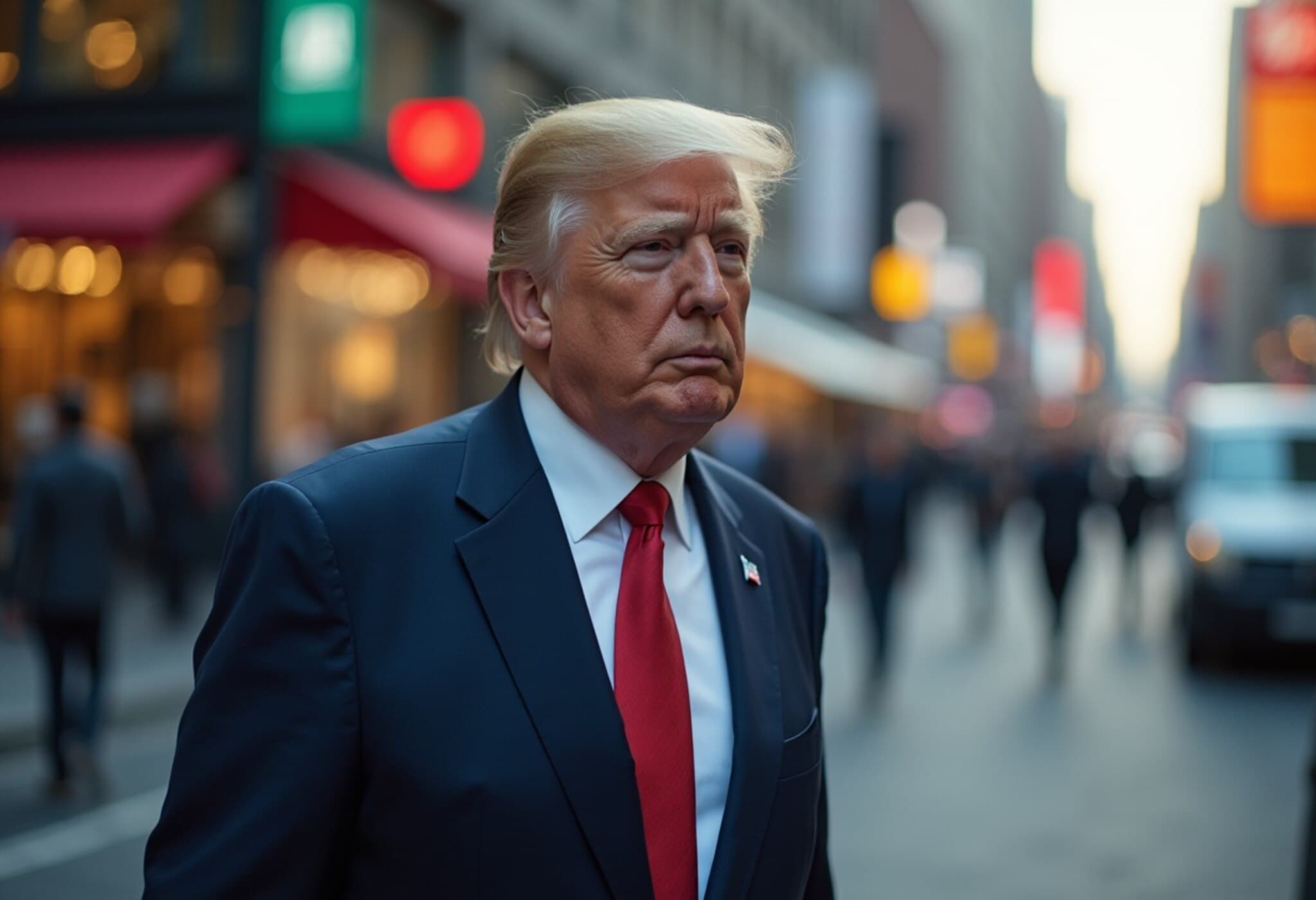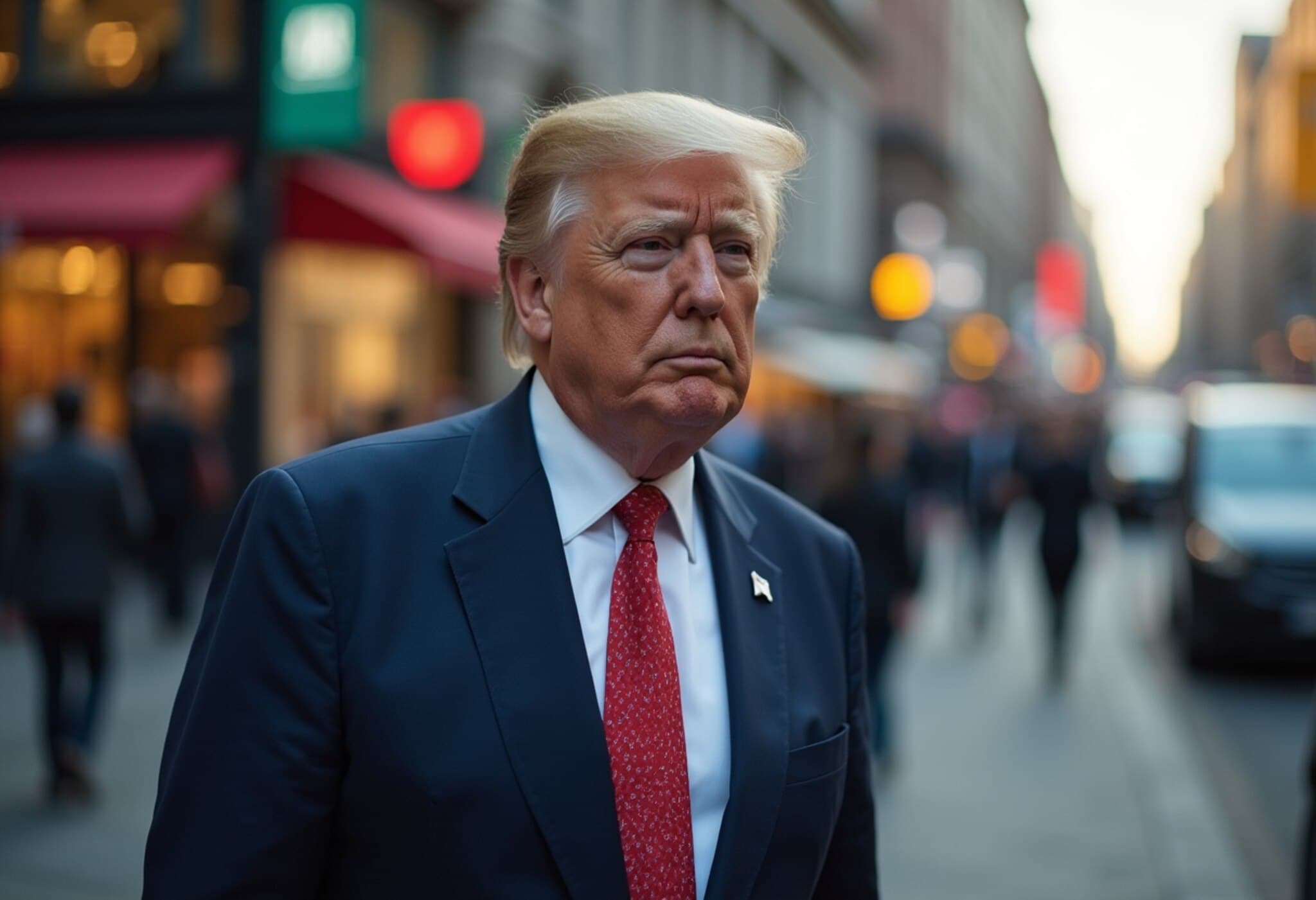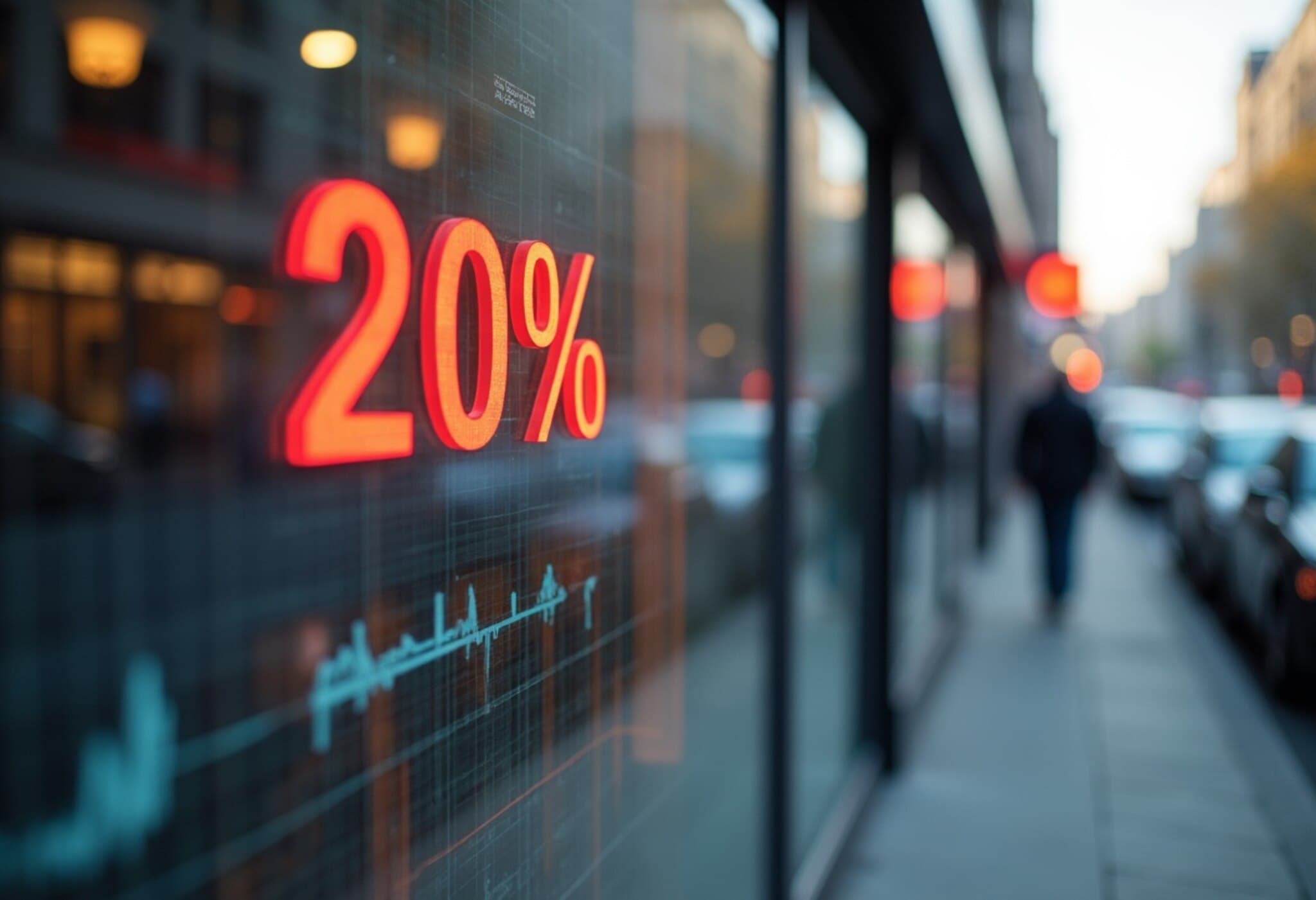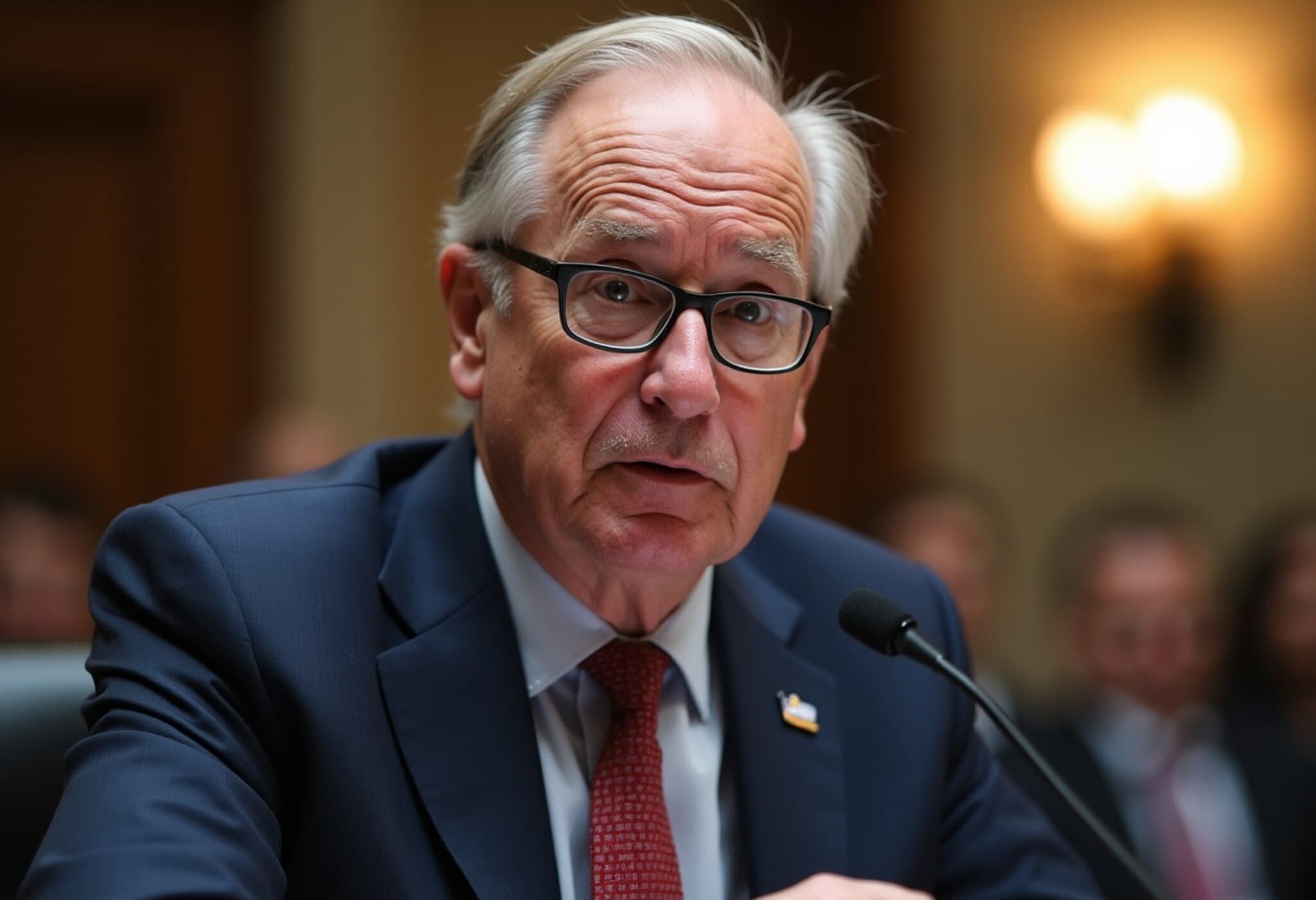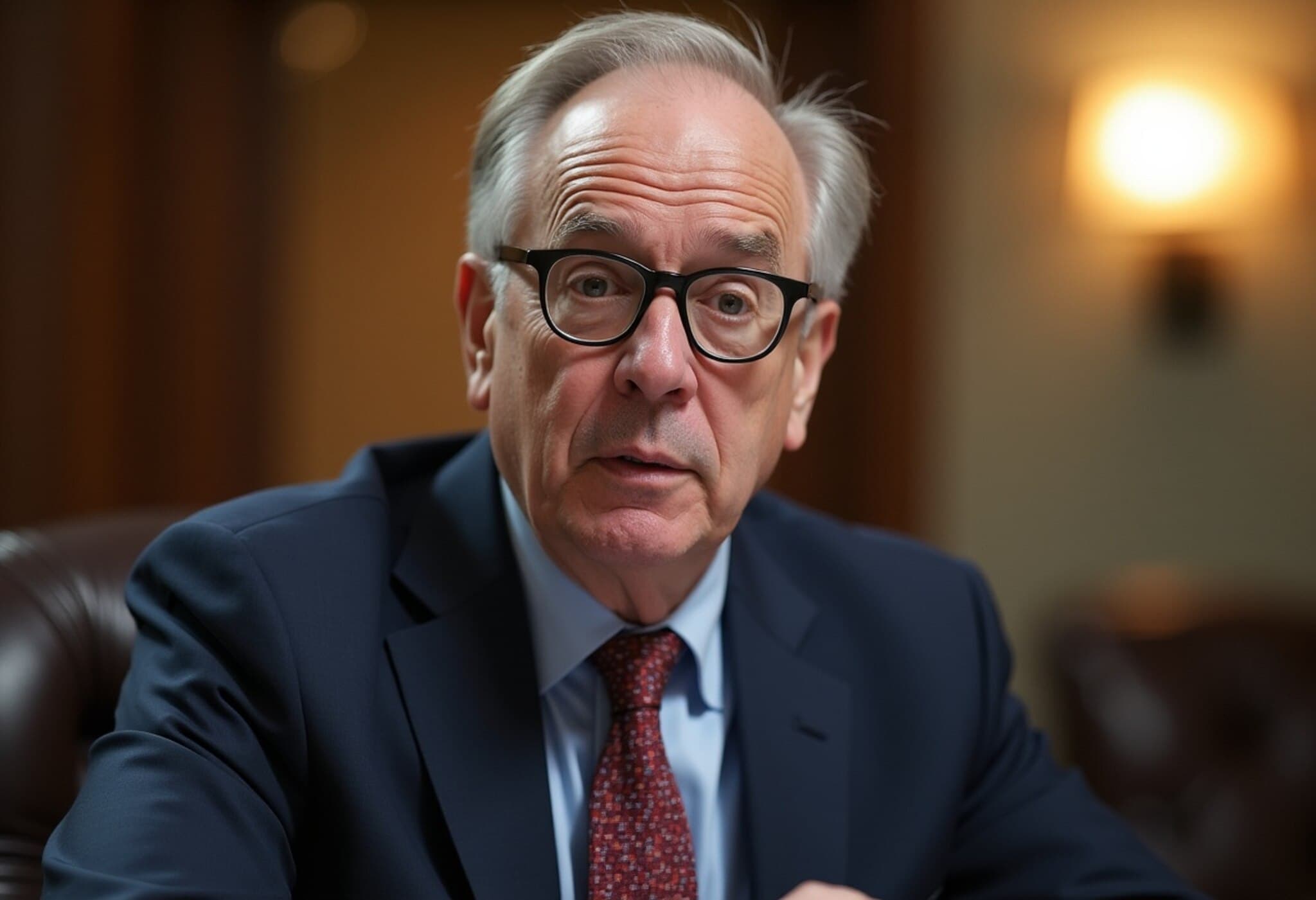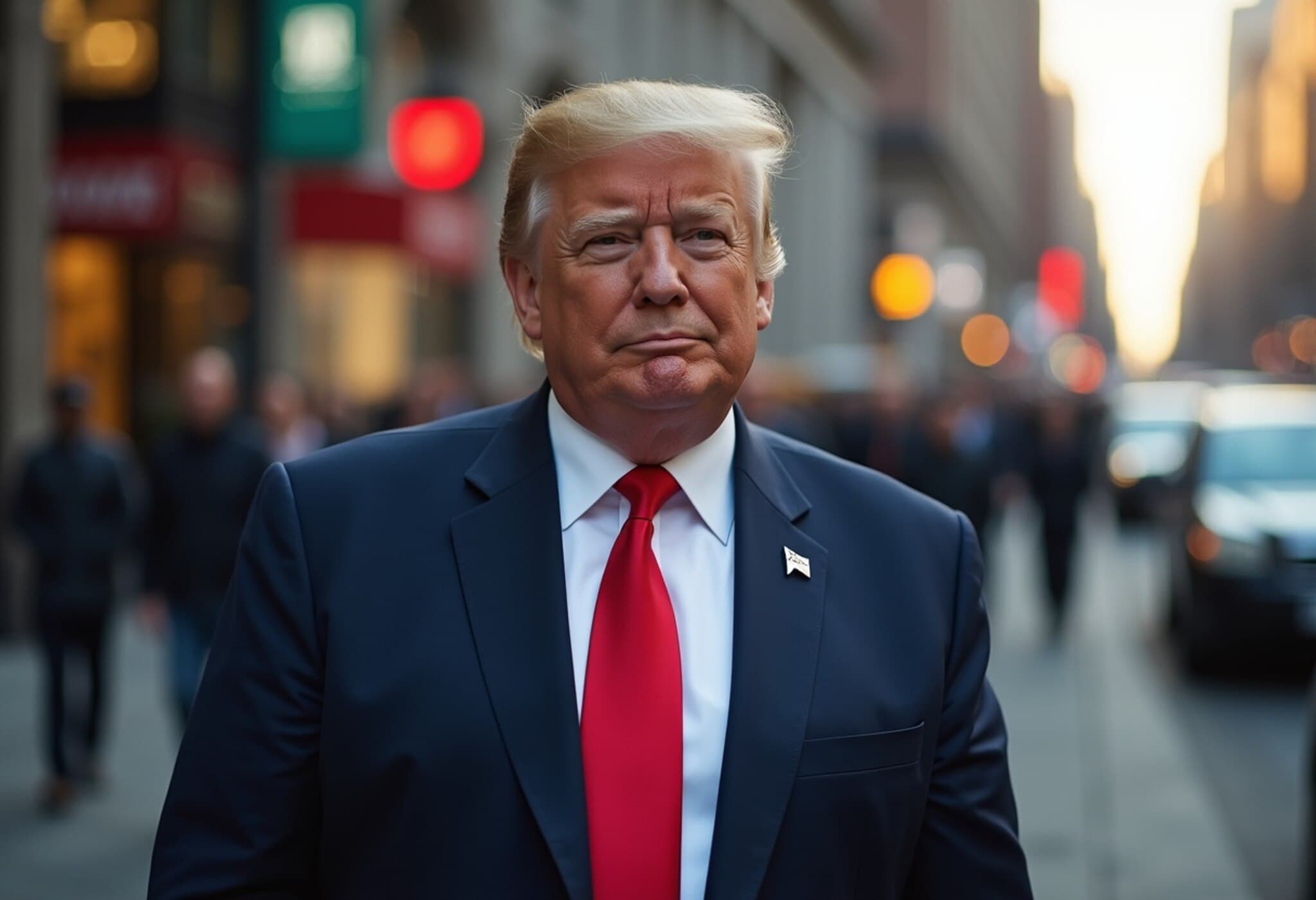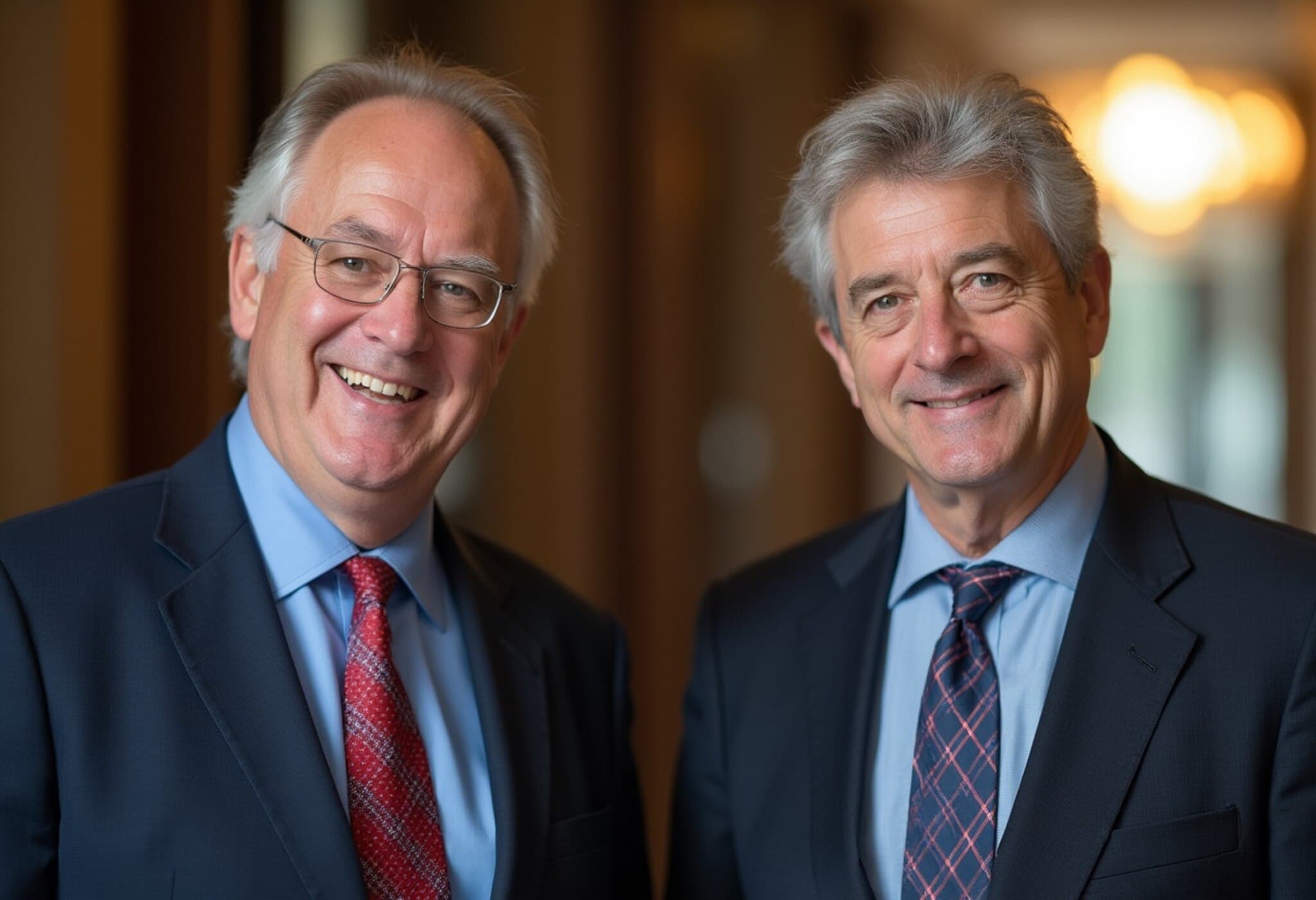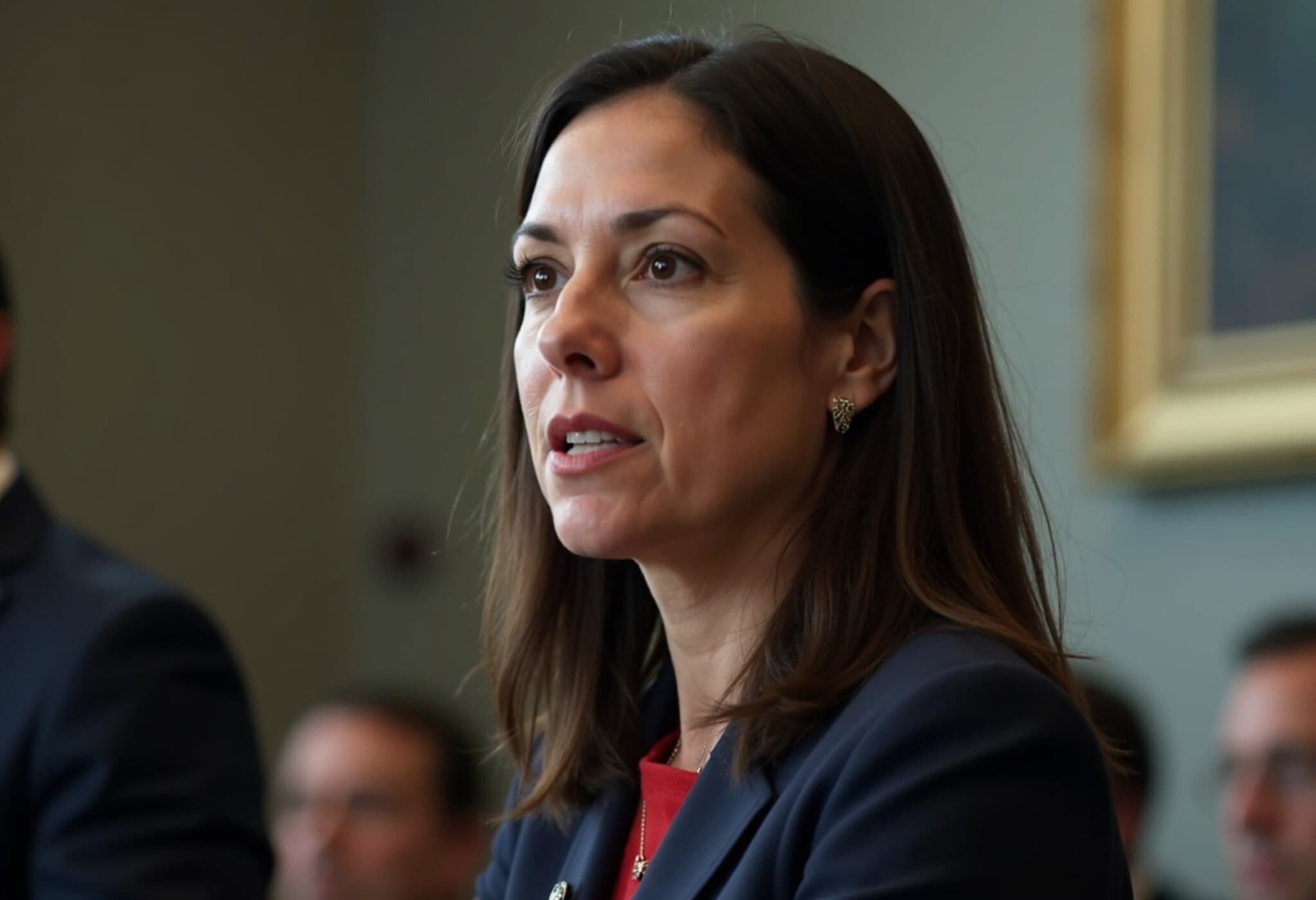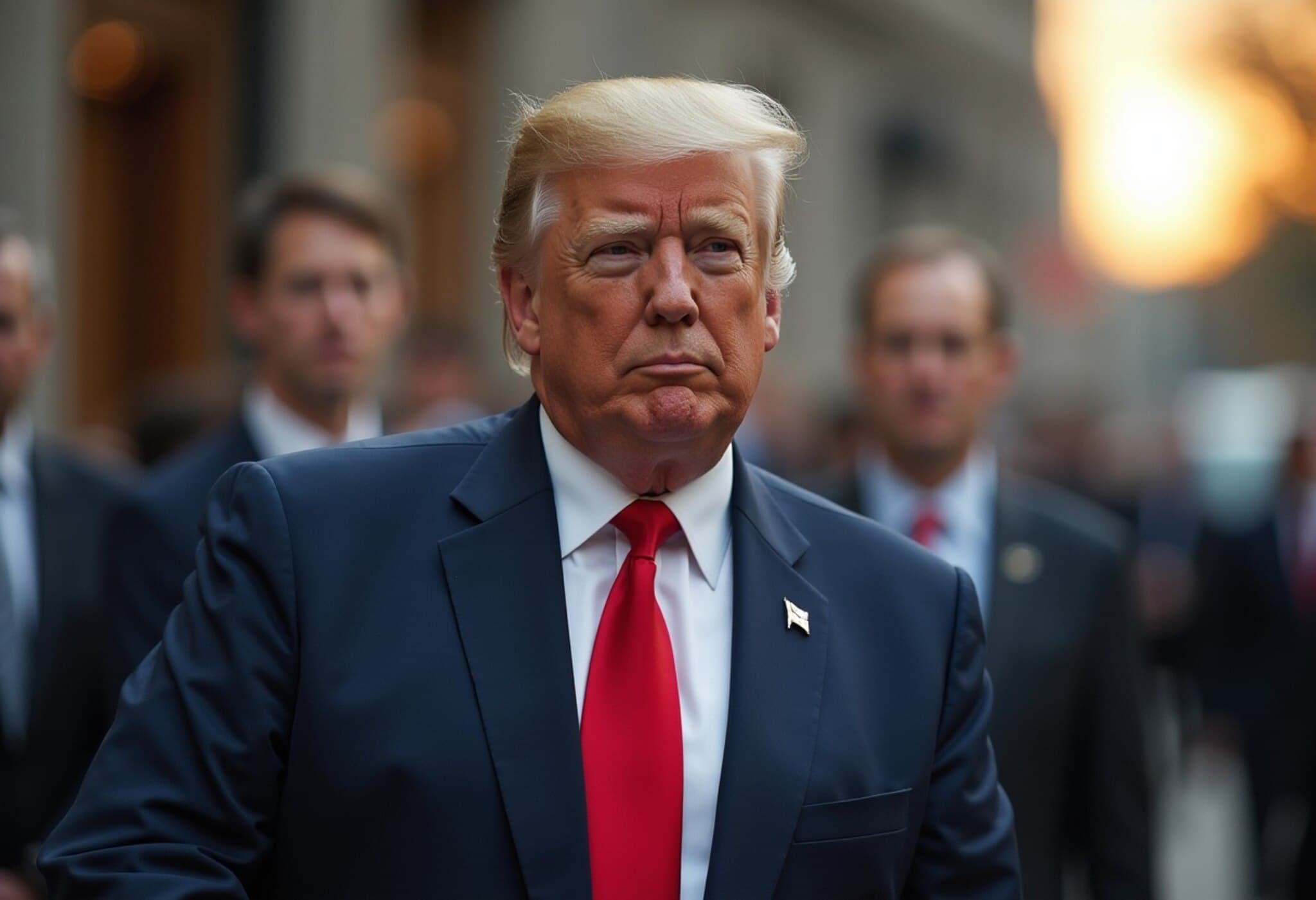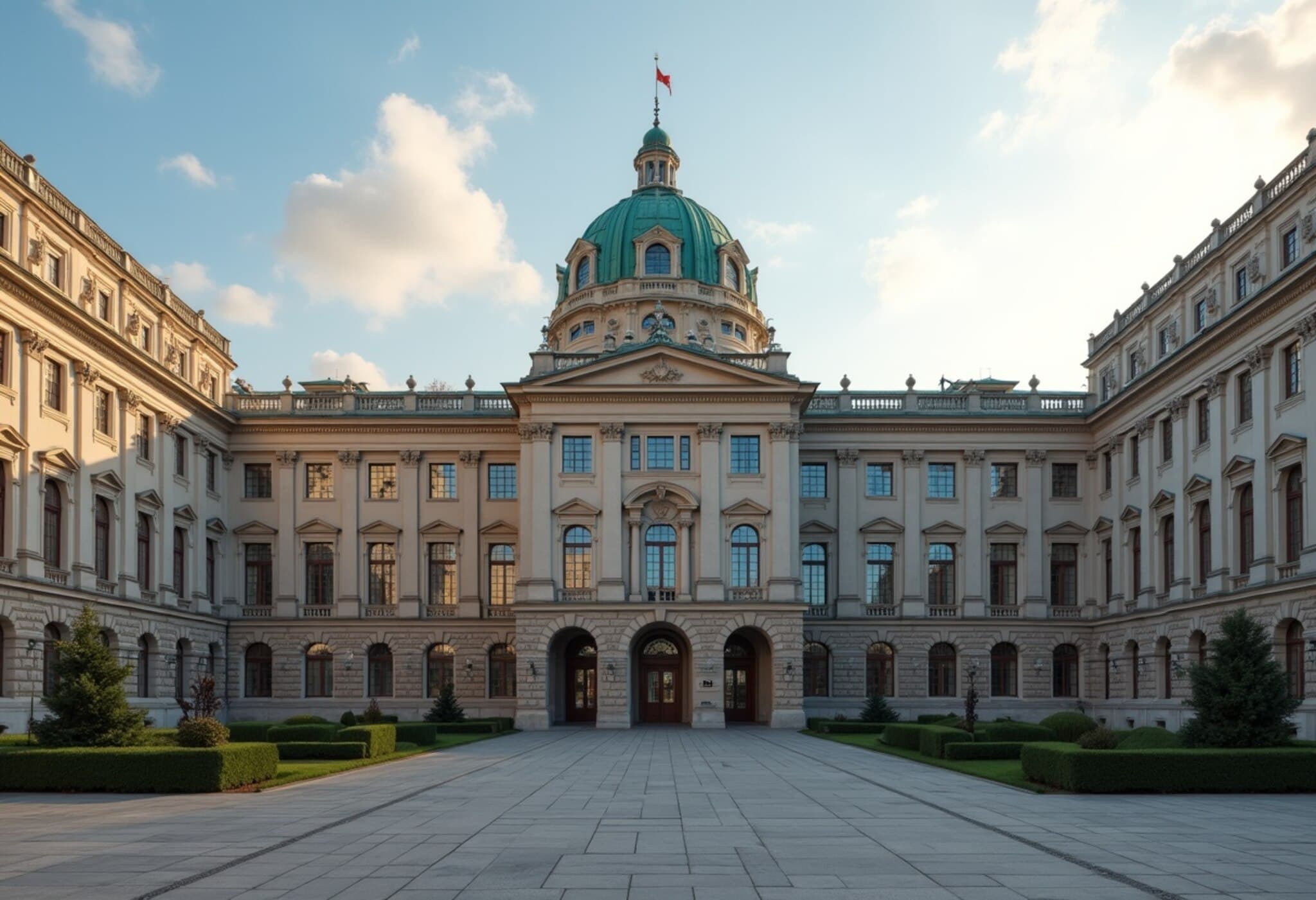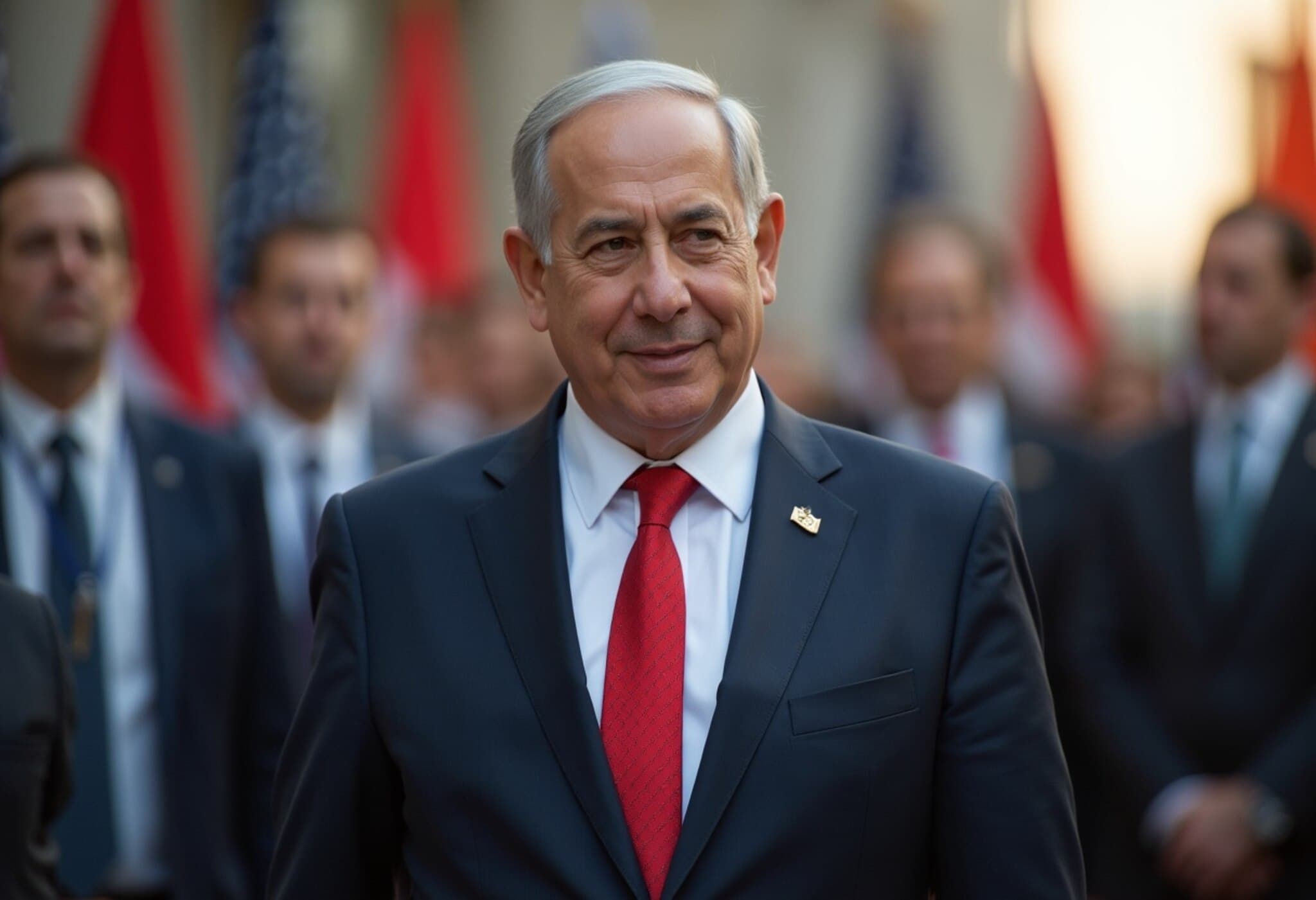Fed Chair Powell Faces Scrutiny Over Costly Headquarters Renovation
In the midst of fluctuating markets and escalating trade tensions, a new battleground has emerged—this time centered around the Federal Reserve’s own front door. Controversy surrounds a startling $700 million overrun on renovation costs at the Fed’s Washington headquarters, with White House officials publicly charging Federal Reserve Chair Jerome Powell with mismanagement.
Russell Vought, Director of the U.S. Office of Management and Budget, criticized the unforeseen expenditure, which ballooned far beyond initial budgets. This overspending came despite significant cuts to originally planned luxury features, including rooftop gardens, private dining rooms, premium marble installations, and water features. The White House's allegations question the fiscal stewardship under Powell’s leadership at a time of heightened public scrutiny over government spending.
Is This a Political Move Against Powell?
This controversy unfolds against a backdrop of President Donald Trump’s ongoing clashes with Powell—who previously faced pressure for his independent monetary policies viewed by some as at odds with the administration’s economic priorities. With tensions rising, analysts are wondering whether this budgeting debacle could serve as an opportune justification for the President to replace Powell as Fed Chair, potentially steering the nation's central bank in a new direction amid sensitive economic dynamics.
Trade Conflicts Heat Up: Trump Imposes 35% Tariffs on Canada
In a bold move stirring international economic waters, President Trump announced a 35% tariff on Canadian imports as part of his administration’s broader strategy to confront trade imbalances and address fentanyl-related issues. This tariff hike marks a serious escalation between two historically close trading partners, with Canadian Prime Minister Mark Carney quickly signaling plans to retaliate.
The tariff decision introduces new uncertainties into North American markets at a time when global trade relations are already fragile, prompting concerns about possible ripple effects on supply chains and investor confidence.
U.S. Markets Continue to Climb Despite Risks
Interestingly, U.S. equity markets showed resilience amid these headwinds, with both the Dow Jones Industrial Average and the S&P 500 reaching new all-time highs. This optimistic trajectory suggests investors are currently weighing the long-term fundamentals and corporate earnings over the immediate geopolitical and policy frictions.
Analysts Question Starbucks’ China Valuation Amid Market Dynamics
In corporate news, financial analysts are expressing skepticism regarding valuation assumptions in Starbucks’ China business segment. Concerns focus on whether the current market valuation adequately reflects complex socio-economic factors and evolving consumer behaviors in China, signaling a need for cautious optimism when considering international growth projections for U.S. brands operating abroad.
Electric Vehicles: Tesla’s Surge in Norway Highlights Market Shifts
On a more positive industrial note, Tesla continues to accelerate its presence in the electric vehicle (EV) market, boasting a 54% year-over-year sales increase in Norway in June 2025. The Model Y’s popularity—driven by its blend of competitive pricing, spacious design, and features tailored to local preferences—illustrates the growing embrace of EVs in Europe.
Christina Bu, Secretary General of the Norwegian EV Association, points out that Tesla’s adaptation to Norwegian consumer needs, including high ground clearance and towing capabilities, has cemented its appeal.
Reflecting on Economic Rationality: The Myth of Homo Economicus
Drawing a broader conceptual link, this period of political friction, market volatility, and shifting consumer behavior challenges the long-held economic notion of homo economicus—the idea that humans act as perfectly rational agents. Real-world decisions, from indulgence in comfort foods to complex geopolitical moves, show that economic actors are often influenced by emotion, politics, and social factors.
Expert Commentary
From an economic policy perspective, the Fed’s renovation controversy raises important questions about fiscal oversight in federal institutions. Ensuring transparent governance is pivotal, especially for bodies shaping monetary policy amidst inflationary and recessionary risks. Additionally, escalating tariffs threaten to stifle cross-border cooperation crucial to North American economic stability.
Meanwhile, Tesla’s European success story underscores shifting consumer priorities towards sustainable technologies, offering insights into how markets might adapt to global environmental imperatives.
Editor’s Note
As we watch the Federal Reserve’s leadership under pressure and trade policies recalibrating relationships, it's vital to ask: How will political influences shape central banking independence moving forward? Can markets truly detach fundamentals from the swirl of tariff wars and domestic disputes? And as the electric vehicle revolution gains momentum internationally, what can the U.S. learn from markets like Norway about coupling innovation with local consumer needs? These questions underscore the complexity behind economic headlines and remind us that rationality in economics remains a nuanced and evolving concept.

